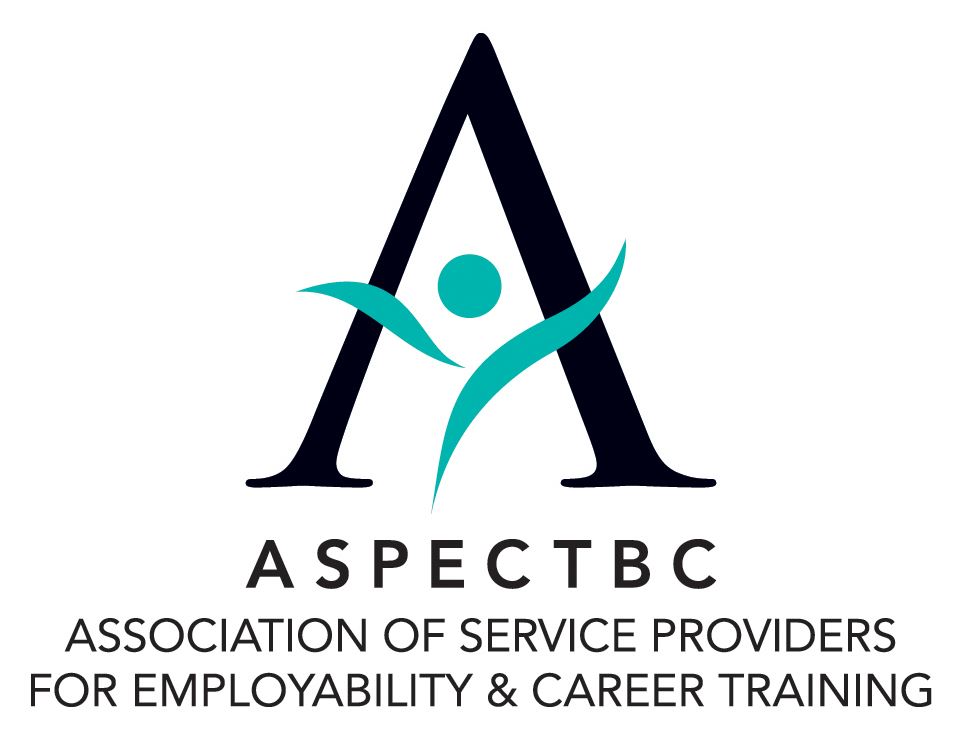One of our jobs at ASPECT is to stay abreast of the trends and innovations in the sector, looking for ways to support employment service providers in their work now and in the future. This week, we attended the Future Skills Centre's webinar Navigating the Role of AI in Skills Development Ecosystem. As I write this, the webinar recording has not yet been posted, but when it is, it will likely be posted here. Updated June 5: here's the link to the webinar recording.
The webinar addressed how AI is reshaping work landscapes and what it means for skills development across industries. Mobilizing the research the Future Skills Centre has funded, this might be a good abridged version for you to look up ideas without sitting through the 90-minute webinar recording.
For instance, did you know that nearly 42% of the Canadian workforce needs to reskill by 2026 to adapt to AI? I didn't. Among some key insights that could redefine our approach to skills development in an AI future, we learned that some predict that AI could widen income gaps by reinforcing discriminatory workplace practices and affect worker health by creating pressure to keep up with machines.
I recommend looking at this four-part research published in the American Journal of Industrial Medicine led by Arif Jetha, Associate Scientific Director and Scientist at the Institute for Work & Health (IWH). You can also learn more about the Worker Health & AI research project on IWH's website.
The Future Skills Centre, the Michener Institute of Education at UHN, and the Vector Institute are investing $1.52 million in a two-year project that will address the knowledge gap in how to educate and train health professionals in the effective, appropriate, safe, and compassionate use of AI. Panelist David Wiljer, Executive Director of Digital Education at the Michener Institute of Education, presented how his team is focusing on reshaping the expertise and mentality of frontline healthcare professionals to cultivate a workforce equipped with the proficiency, aptitudes, and capacities essential for driving AI-powered health initiatives across practices, organizations, and systems. Learn more about this collaborative project on Future Skills Centre's website.
One of the webinar's panelists, Vivian Li, recently authored Mind the Gap: Compensation Disparity Between Canadian and American Technology Workers, in which we delve into the pay disparity between Canadian and American tech workers and its impact on Canada's tech sector. Magnet, an initiative out of Toronto Metropolitan University, provides technology-driven labour market insights that focus on the future of work. Take a look at their labour market insights and research reports.
Remember, we at ASPECT are here to help you stay informed and inspired. Our website hosts a curated collection of sector reports, updated weekly with fresh research papers. We've done the work so you don't have to. Visit our website to access these valuable resources.
Janet Morris-Reade, CEO
ASPECT BC
